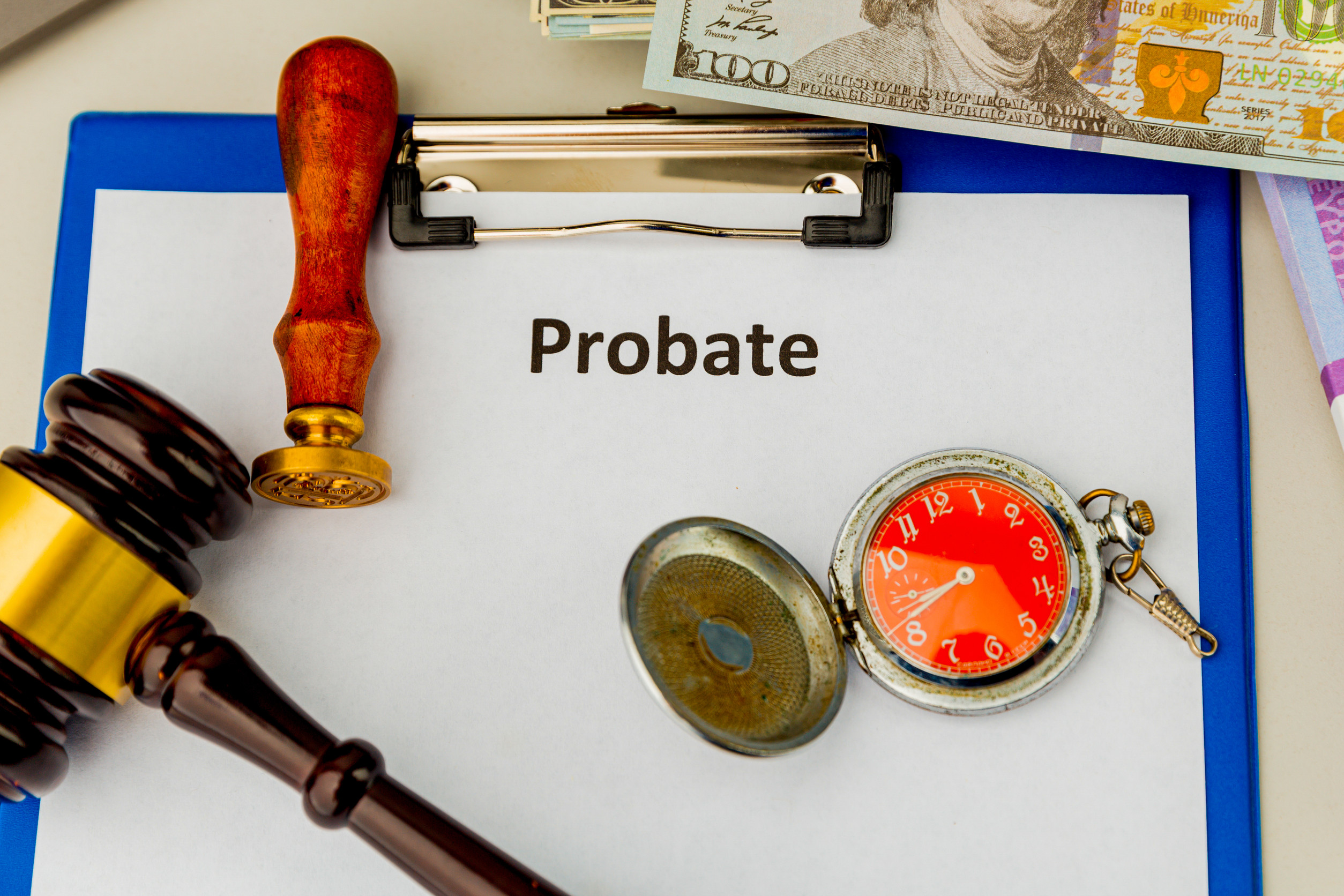When a loved one passes away, managing their estate can feel overwhelming. If there isn’t a living trust in place, the estate usually goes through probate. In New York, probate is a legal process that makes sure a will is valid and the person’s wishes are followed. If there is no will, probate still happens, but state laws decide who receives what.
Opening the Estate
The probate process starts when someone files a petition with the Surrogate’s Court. Usually, the person named as executor in the will files the petition. If there is no will, a close relative often steps in to serve as the estate administrator.
The court reviews the will, if one exists, and appoints the person to handle the estate. That person then manages all the steps that follow.
Gathering Assets and Information
Once the court gives permission, the executor starts collecting information. This includes:
- Bank Accounts
- Real Estate
- Investments
- Personal Property
- Any Debts Owed to or by the Estate
The executor must also notify government agencies, banks, and financial institutions. They order death certificates and collect account records. This step can take time, especially if the person has a lot of accounts or property in different places.
Notifying Heirs and Interested Parties
The executor or administrator sends notices to everyone who has a legal interest in the estate. This includes individuals named in the will and others who may inherit under state law. In some cases, they also publish a notice in a local newspaper.
This step allows people to come forward with any concerns or questions. Most estates move forward without issues, but sometimes someone may raise a dispute.
Paying Debts and Handling Claims
The executor pays the estate’s debts before distributing money or property. Common expenses include funeral costs, credit card balances, medical bills, property taxes, and legal or court fees.
Creditors sometimes file claims directly with the court. The executor reviews these claims and pays the valid ones from the estate’s funds. If the estate lacks enough money, state law determines the order for paying bills. These steps require careful management and proper paperwork.
Filing Taxes
The estate may have to file income taxes. In some cases, estate taxes also apply. The executor works with tax professionals to make sure everything is filed and paid correctly. Even if the estate seems simple, missing a deadline can lead to penalties. This is why careful tracking and filing are important at this stage.
Distributing the Property
After the executor settles debts and pays taxes, they distribute the estate. The will guides them if the decedent wrote one. If no will exists, New York law decides who inherits.
The executor assigns personal items like jewelry or family keepsakes. They handle these items carefully to prevent disputes. The executor transfers or sells real estate based on the will or the heirs’ decisions.
Finally, the executor files final reports with the court. Those reports detail how the executor managed assets, paid bills, and made distributions.
How Long Does It Take?
Probate can take several months. In some cases, it lasts over a year. Delays often happen when:
- The estate is large or complicated
- Property is located in more than one state
- Someone files a legal objection
- Records are missing or hard to find
- Interested parties cannot be found or family members fail or refuse to cooperate with the executor
The more organized the estate, the smoother things go. Having legal support from the beginning can help avoid mistakes and keep things on track.
Our team at Voekl Law PC will guide you through each step of probate. Call 716-633-4030 to schedule a consultation and get clear answers to your questions.

